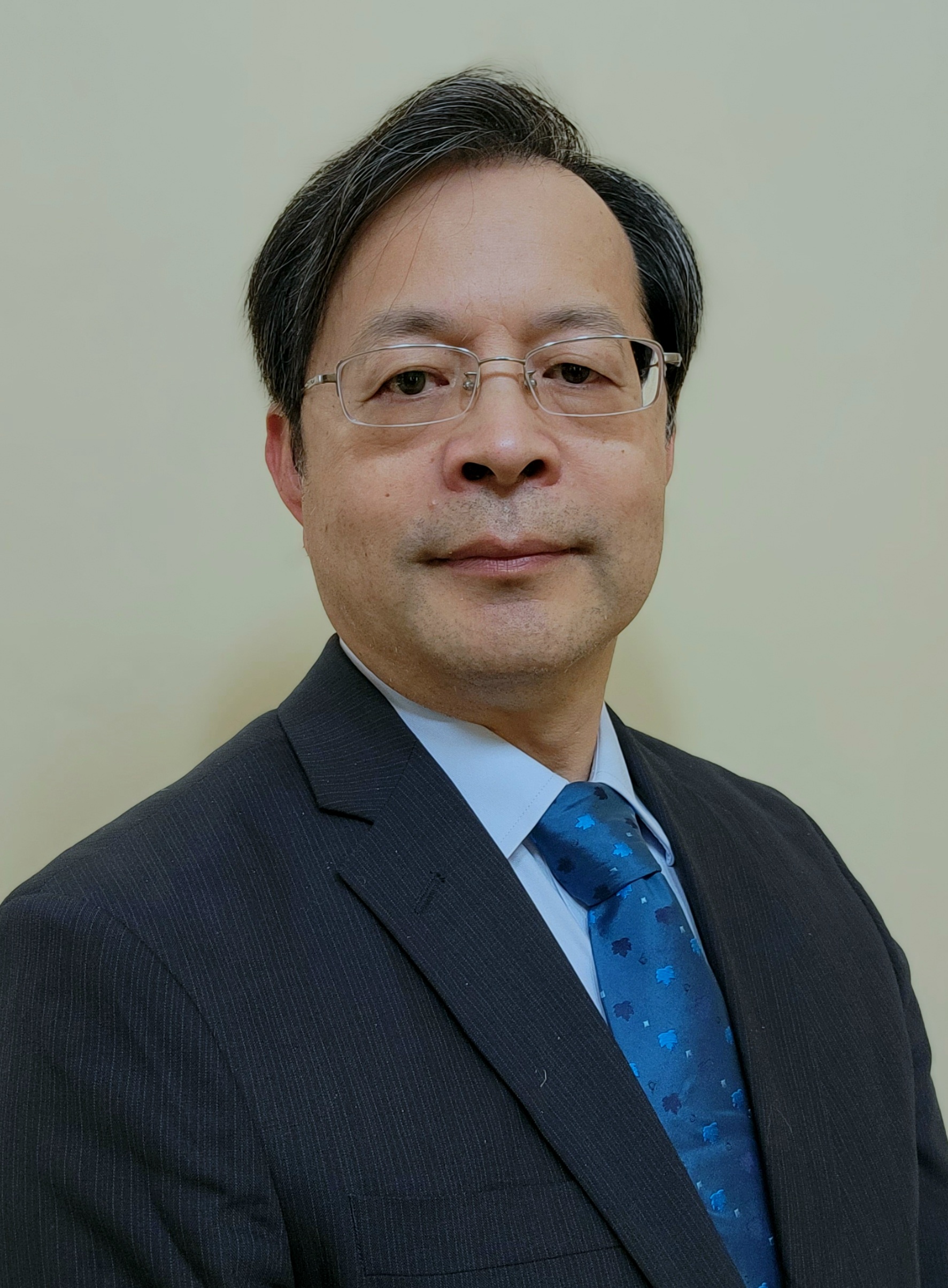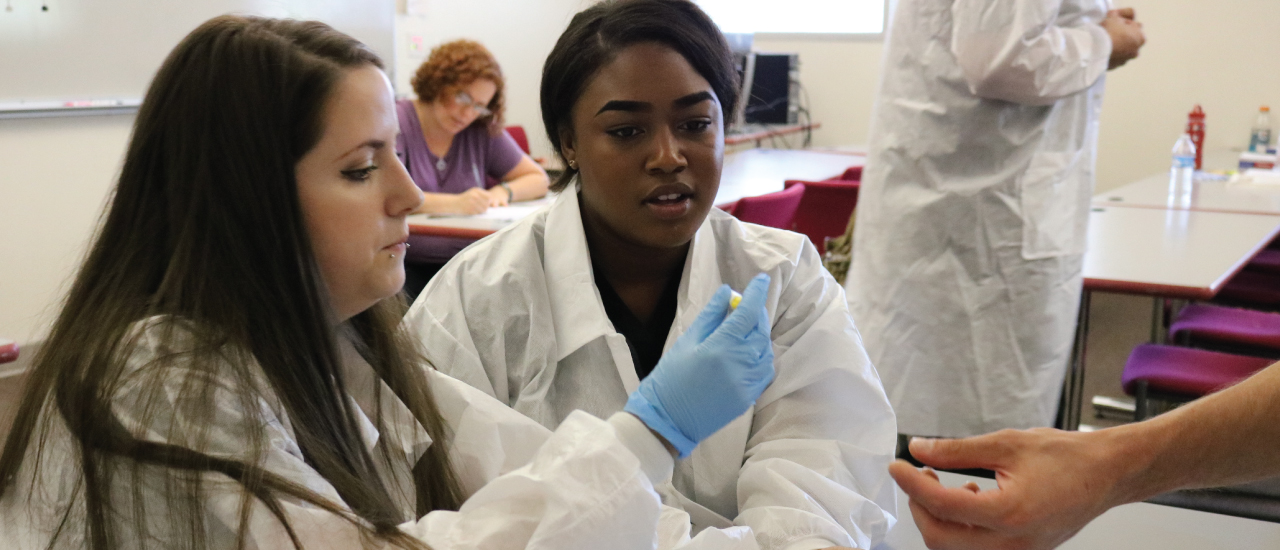In an effort to reduce the use of live animal testing, a University of New Mexico College of Nursing researcher has approached the City of Albuquerque to see if its Animal Welfare Department will donate animal tissue from routine procedures to UNM researchers.
Toxicologist Xiaozhong (John) Yu, MD, PhD, MPH, a professor in the College, studies chemical safety and how it affects human health. Yu hopes Animal Welfare can donate tissue from spay and neuter surgeries that would otherwise be disposed of as biohazard waste.
“We have unique resources,” he said. “We have those tissues that are treated as a biohazard tissue, and we can use those disposable tissue and isolate those cells, establish them as a model, and we can save animals. It will be a good opportunity for us.”
Yu hopes to build a way to have a safe, toxin-free society without having to conduct studies on live animals.
“The in vitro model, combining with the computational model, will make a much better prediction,” he said. “It’s also more humane.”
Last year, the city’s Animal Welfare Department performed more than 9,000 spay and neuter surgeries.
The Albuquerque City Council has been eager to learn more about the partnership. District 7 councilor Tammy Fiebelkorn is working with Yu and supports the program.
“I want to thank their effort to help us,” Yu said. “We have received a lot of support from the community.”
Like most biomedical researchers, Yu for many years used rodents for his studies. But researchers are beginning to move away from live animal testing for both moral and scientific reasons, he said.

Live animal tests have been essential and very effective to protect us, but with the advance of new tissue cell culture model, those live animal tests can be avoidable.
“Live animal tests have been essential and very effective to protect us, but with the advance of new tissue cell culture models, those live animal tests can be avoidable,” he said. “With technology advancements, we can really advance our research, so we don’t necessarily need those live animal studies.”
Yu said he aims to promote “the 3 Rs” principle of biomedical research: Replacement, Reduction and Refinement.
“We try to reduce the use of live animals, refine those animal protocols, and finally we need to replace animal studies using new scientific tools,” he said. “Doing this, we can make the transition to advance biomedical research.”
The City Council will be voting on the issue at its Nov. 21 meeting.
Update
The Albuquerque City Council unanimously approved the resolution directing the Animal Welfare Department to work with University of New Mexico College of Nursing to collect otherwise disposed-of animal tissue in city-owned or city-sponsored spay and neuter clinics for donation. The resolution was adopted during the city council meeting on Nov. 21, 2022.
“I would like to thank councilor Tammy Fiebelkorn for her support on this bill,” said toxicologist and College of Nursing professor Xiaozhong (John) Yu, MD, PhD, MPH, during the city council meeting. “I also wanted to thank the Albuquerque community for supporting my ongoing project.”
Before the vote, Yu discussed his research explaining how he previously used rodents in his studies. He added that with funding from the National Institute of Health, UNM researchers have been developing in vitro models as an alternative to live animal testing.
